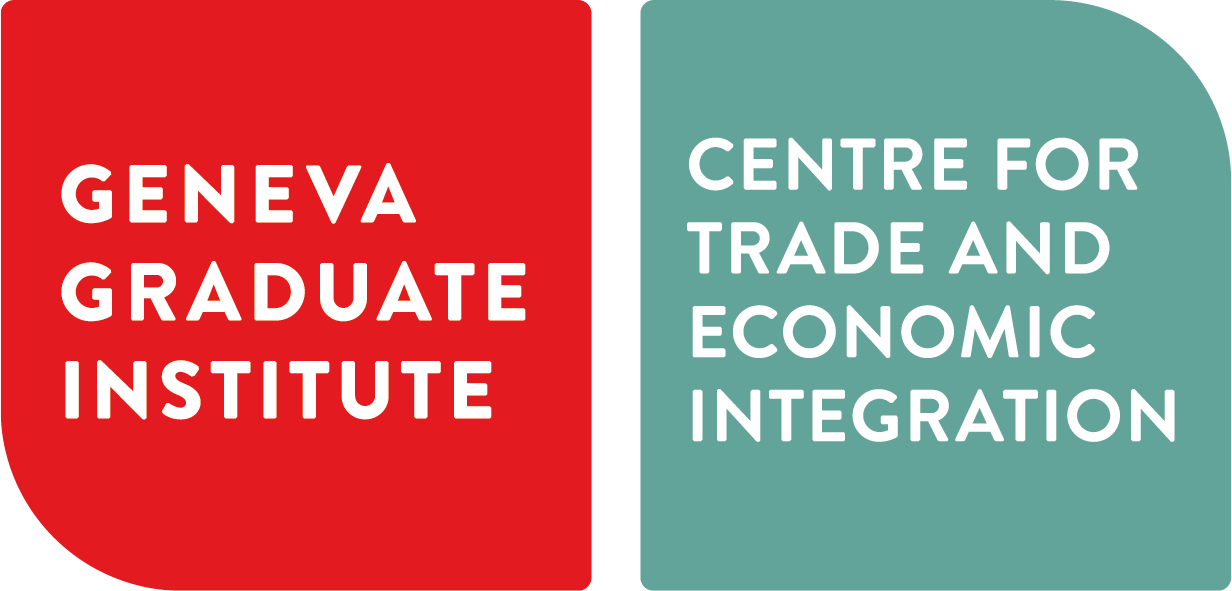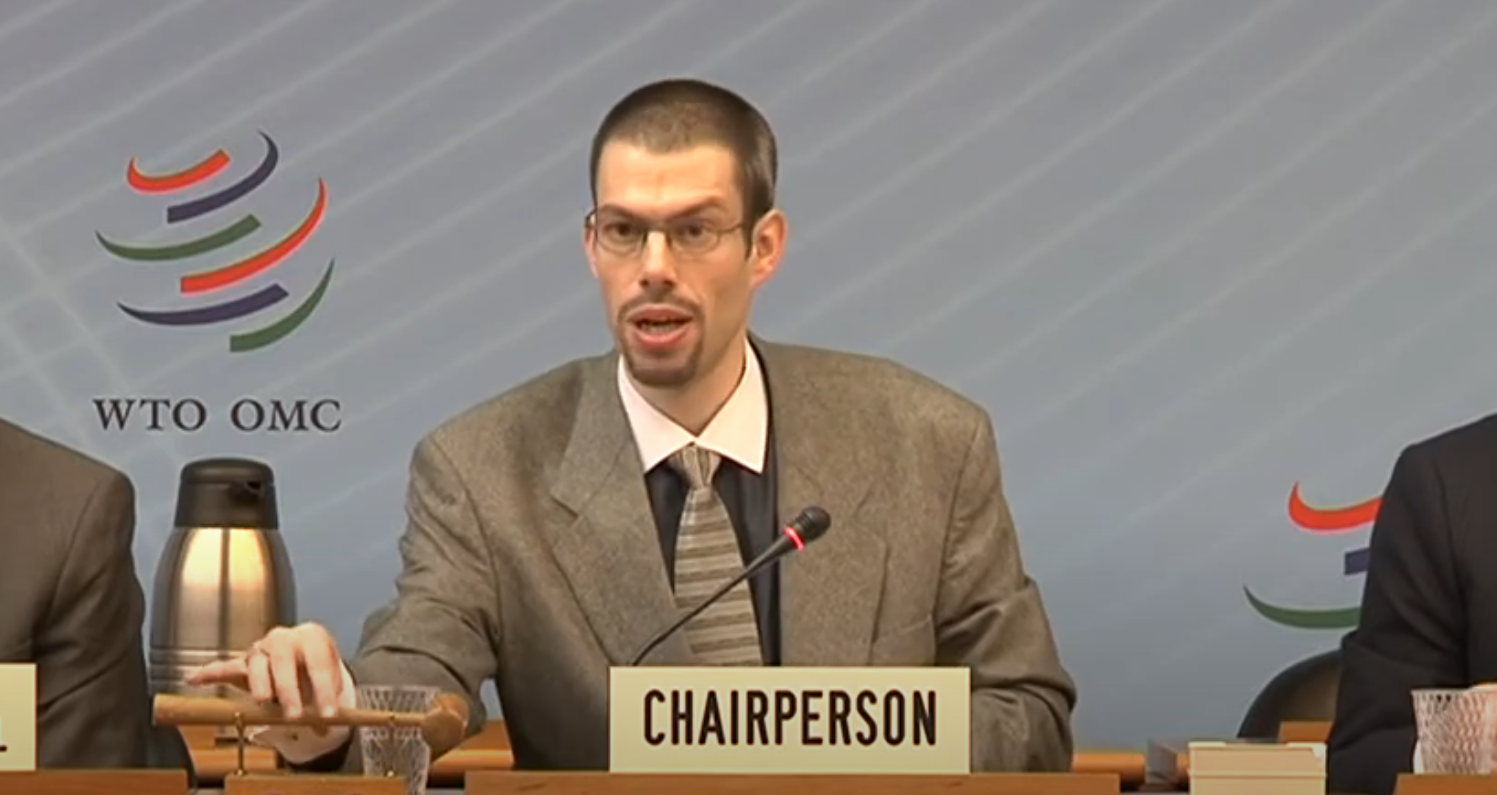For purposes of this Agreement:
a) commercial goods or services means goods or services of a type generally sold or offered for sale in the commercial marketplace to, and customarily purchased by, non‑governmental buyers for nongovernmental purposes;
b) Committee means the Committee on Government Procurement established by Article XXI:1;
c) construction service means a service that has as its objective the realization by whatever means of civil or building works, based on Division 51 of the United Nations Provisional Central Product Classification (CPC)
d) country includes any separate customs territory that is a Party to this Agreement. In the case of a separate customs territory that is a Party to this Agreement, where an expression in this Agreement is qualified by the term “national”, such expression shall be read as pertaining to that customs territory, unless otherwise specified;
e) days means calendar days;
f) electronic auction means an iterative process that involves the use of electronic means for the presentation by suppliers of either new prices, or new values for quantifiable non-price elements of the tender related to the evaluation criteria, or both, resulting in a ranking or re‑ranking of tenders;
g) in writing or written means any worded or numbered expression that can be read, reproduced and later communicated. It may include electronically transmitted and stored information;
h) limited tendering means a procurement method whereby the procuring entity contacts a supplier or suppliers of its choice;
i) measure means any law, regulation, procedure, administrative guidance or practice, or any action of a procuring entity relating to a covered procurement;
j) multi-use list means a list of suppliers that a procuring entity has determined satisfy the conditions for participation in that list, and that the procuring entity intends to use more than once;
k) notice of intended procurement means a notice published by a procuring entity inviting interested suppliers to submit a request for participation, a tender, or both;
l) offset means any condition or undertaking that encourages local development or improves a Party’s balance-of-payments accounts, such as the use of domestic content, the licensing of technology, investment, counter‑trade and similar action or requirement;
m) open tendering means a procurement method whereby all interested suppliers may submit a tender;
n) person means a natural person or a juridical person;
o) procuring entity means an entity covered under a Party’s Annex 1, 2 or 3 to Appendix I;
p) qualified supplier means a supplier that a procuring entity recognizes as having satisfied the conditions for participation;
q) selective tendering means a procurement method whereby only qualified suppliers are invited by the procuring entity to submit a tender;
r) services includes construction services, unless otherwise specified;
s) standard means a document approved by a recognized body that provides for common and repeated use, rules, guidelines or characteristics for goods or services, or related processes and production methods, with which compliance is not mandatory. It may also include or deal exclusively with terminology, symbols, packaging, marking or labelling requirements as they apply to a good, service, process or production method;
t) supplier means a person or group of persons that provides or could provide goods or services; and
u) technical specification means a tendering requirement that:
i. lays down the characteristics of goods or services to be procured, including quality, performance, safety and dimensions, or the processes and methods for their production or provision; or
ii. addresses terminology, symbols, packaging, marking or labelling requirements, as they apply to a good or service.



